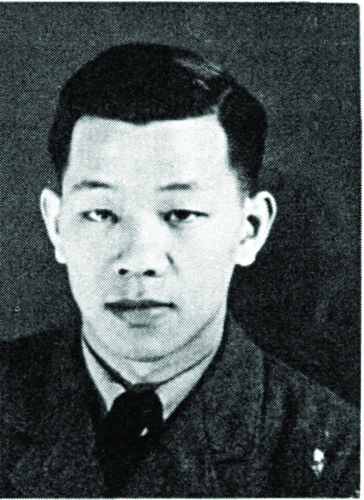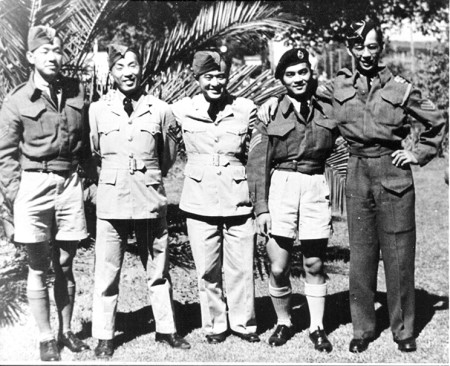James Shiu was one of the first recruits to Force 136, an invention of Special Operations Executive (SOE), also known as British intelligence. SOE had had a lot of success ferreting agents into occupied Europe and wanted to do the same in South East Asia.

James Shiu
In fact, Shiu was one of a small group of hand-picked men who were selected for Operation Oblivion – a suicide mission with a goal to drop men in behind enemy lines in Japanese-occupied China. Their initial mission was to seek out and train Chinese resistance groups and help them sabotage Japanese equipment and supply lines.
In some ways, these first men were a bit of an experiment. No one was quite sure if they had what it took to be commandos and spies. With 12 other Chinese Canadian men, Shiu was put through harsh and intensive training at Commando Bay on Okanagan Lake. Once that training was completed, he was shipped off to Australia for further training in guerrilla warfare and jungle survival.
Eventually, the plans to go into China were scuttled by the Americans who took control over the Pacific theatre and vetoed the mission.
But Shiu still wanted to serve and use his skills. So he quietly was inserted into Sarawak, Borneo along with Roy Chan, Norman Low, and Louey King. Their small team was led by another Chinese Canadian, Roger Cheng.
They sought out the Dayak headhunters and helped train and arm these warriors who detested the Japanese.
Eventually, the team’s role broadened to include river patrol; forcing the surrender of remote Japanese units; liberating prisoner-of-war camps; and minimizing retribution on the Japanese and collaborators once the war was over.
In September, 1946 Shiu, along with Chan, Low, and King were awarded the Canadian Army’s Military Medal for their role in Borneo. The story was covered by Time Magazine.

Some of the Force 136 initial recruits taking a day off in Sydney, Australia: (L to r), Jim Shiu, Roy Chan, Eddie Chow, Norman Low and Hank Wong